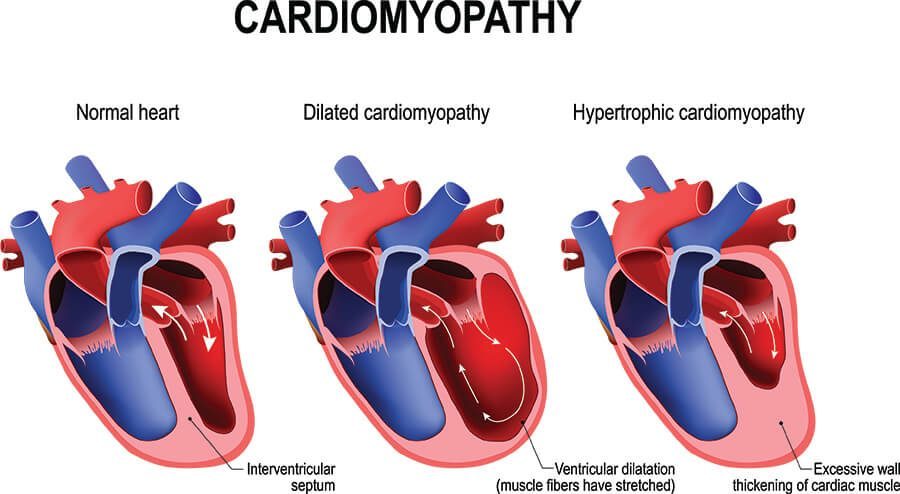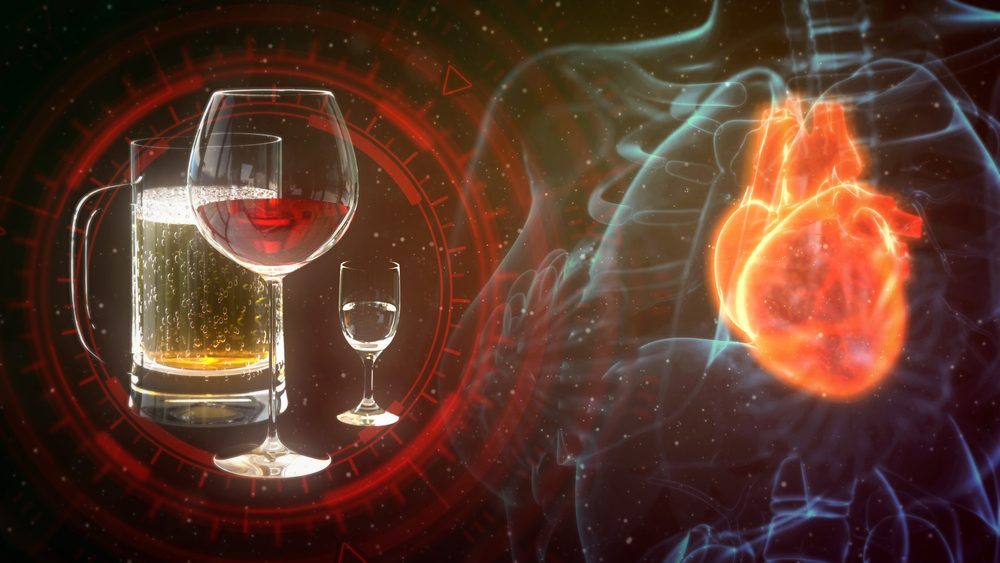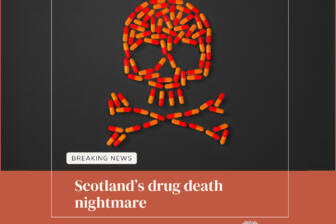Binge Drinking And Heart Disease
Binge Drinking And Heart Disease
Is drinking alcohol good or bad for your heart?
A new and extensive study has finally reached a conclusion.
With a range of opinions out there, it can be hard to separate fact from fiction. One thing does seem clear, binge drinking is bad for your heart as well as your head.
Why Effects of Alcohol on the Heart Keep Changing
Heart and blood pressure studies have been performed for years. The final verdict has been varied. It might be more about the people who drink wine and their lifestyle than alcohol itself.
The red wine conundrum is debated. Studies showed that those who drink red wine regularly were less likely to suffer from heart disease. A few theories were put forwards including antioxidants and raising levels of certain beneficial cholesterol.
The reality though might be more to do with who drinks red wine. A glass of red is considered a drink for wealthier people with an interest in food. These are people more likely to want and be able to buy healthier food.
Scientific studies often meet with social effects such as this. It can be challenging to decide if the results are skewed or not.
How Does Alcohol Effect The Heart?
One of the biggest studies ever performed about alcohol was published by The Lancet in 2016 after 26 years of investigation.
The conclusion was that drinking a small amount of alcohol did reduce the chances of heart disease. In women over 60 years of age. All other categories saw no convincing improvement.
Does Alcohol Increase Heart Rate?
Alcohol is a CNS (central nervous system) depressant, which reduces your heart rate if you take a lot at one time. This isn’t the whole story though. Alcohol can also cause tachycardia (rapid heart rate) as well. These variations in heart rate may be safe enough for those with healthy hearts but it puts strain on the system. This can mean heart palpitations after drinking and alcoholic cardiomyopathy.
Does Alcohol Raise Blood Pressure?
Again, some headlines have shown studies that alcohol can lower blood pressure. This may be true however only for very small amounts and only at first. There is substantial evidence that alcohol raises blood pressure if you drink regularly.
Drinking heavily can put you are risk of hypertension which is dangerous for your body long term. High blood pressure causes the arteries to harden and thicken which puts more strain on your heart leading to heart attacks and strokes.
Does Alcohol Affect Cholesterol?
For cholesterol certain types of alcohol such as red wine can improve your levels of HDL cholesterol. This is the type that removes those troublesome deposits of harmful cholesterol from your liver. Other types of alcohol on the other hand do not provide this benefit. Given that you can find HDL cholesterol in other sources such as olive oil and nuts it does not seem worth the additional risk to your heart health.
What is Alcoholic Cardiomyopathy?
There is evidence that binge drinking or heavy regular drinking can change the shape and condition of your heart. The heart stretches and gets bigger because of increased blood pressure.
This means your heart is less efficient and cannot pump enough oxygen around the body. Cardiomyopathy can cause chest pain after drinking alcohol, tiredness, weakness and breathing problems.

Binge Drinking and Heart Problems
There has been some debate over the years about moderate drinking and heart health. What has always been certain though is that binge drinking and heavy regular use is bad for the heart. Considering the risk of a varied heart rate when binge drinking, heart attacks are a concern. Although alcoholic cardiomyopathy is the biggest risk specific to binge drinking the combination of high blood pressure and abnormal heartbeat are significant stroke and heart attack risks.
How much alcohol is too much?
The easy answer would be to stay within recommended weekly drinking limits. However, research suggests the answer may be more about how much you drink in one sitting than how much your drink weekly.
A study for the British Medical Journal compared 10,000 men over a 10-year period, their choice of drinks, number of drinks, the regularity of drinking and standards of overall health.
The findings have shown that even if the same amount of alcohol is drunk, it makes a significant difference to the health of the heart if that alcohol is drunk over the course of a week, or in few ‘sessions’ during the week, like at the weekend.
A British Heart Foundation representative, senior cardiac nurse Amy Thompson, has echoed what other experts have said, in that the findings are nothing new and/or extraordinary: “This reinforces what we already know – binge drinking effects on the heart. It is important to avoid binge drinking, and it’s better to have a small amount of alcohol regularly rather than a lot in one go.”
What the conclusion appears to be is that instead of heavy drinking in one or two sessions, if people spread their drinking over the course of the week, then they lessen their chances of contracting heart disease. Keeping drinking sessions within the ‘recommended limits’ is the safest way to go.
If you are having difficulty with alcoholism and alcohol addiction, contact Rehab Guide for free advice and assessment.
Sources
https://www.thelancet.com/journals/lancet/article/PIIS0140-6736(18)31310-2/fulltext Alcohol use and burden for 195 countries and territories 1990–2016.
https://www.ncbi.nlm.nih.gov/pmc/articles/PMC5513687/ Alcohol’s Effects on the Cardiovascular System
https://www.bhf.org.uk/informationsupport/heart-matters-magazine/medical/effects-of-alcohol-on-your-heart





